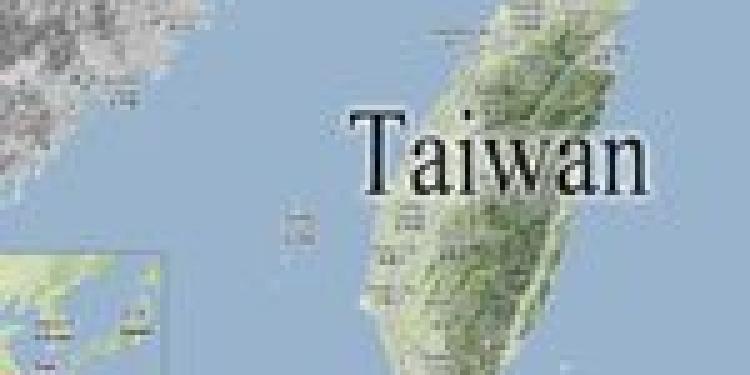Taiwanese Matsu Islands Residents Support Casinos
Posted: September 26, 2012
Updated: October 4, 2017
Voters of Matsu Islands in Taiwan voted yes to allow the development of a casino resort on their land.

In July 2012, 56% of Taiwanese Matsu Islands residents voted ‘yes’ on a referendum about whether to allow the construction of a resort casino. Most yes-voters believed that such a large investment would help improve the island’s struggling economy.
Once an important military outpost during the Cold War, the Matsu Islands now suffers from unemployment, lack of prospects and support from the Taiwanese main island. As there are no Taiwanese internet casino licenses available, building a land casino could be an opportunity for improvement.
Hung Hsien-chang, the chief engineer of the local tourism bureau told Taiwanese gambling news organs: “It’s very important for us to have more Taiwanese tourists here. It will help our economy, create more jobs and improve our infrastructure, especially by building a bigger airport.”
Casinos are one of the best ways to give a boost to the tourism industry. Matsu counts particularly on gambling Taiwanese tourists. The strict Taiwanese gambling laws forced most of local players to travel to Macau on gaming trips.
Weidner Resorts Taiwan has already shown interest in the Matsu project. The casino firm even considered company building a new airport for the incoming tourists. The 30-minute is another plausible option, with mainland Taiwan being only 15 miles away from Matsu.
There is no shortage of promises. In addition, Weidner Resorts also announced its plans to build a college town and a highway bridge that would link the two main islands of Matsu. There are even talks about a monthly subsidy given to local residents by the casinos.
The opponents of the casinos emphasized that gambling is a risky business to rely on. It’s impossible to calculate how long the casino would prove to be profitable to operate. Critics also point out that Matsu alone would not be able to supply enough water and electricity to accommodate a huge casino without the support of Mainland Taiwan.












